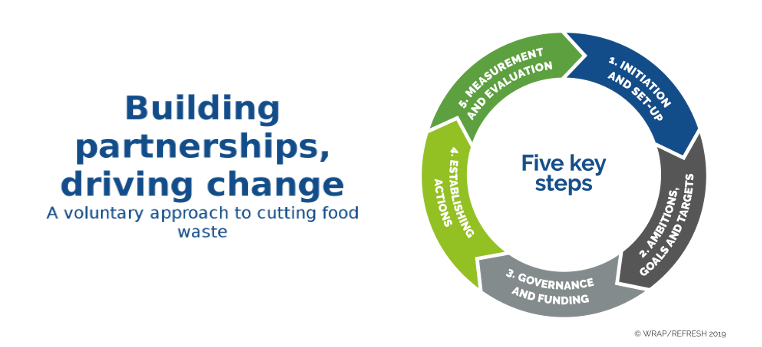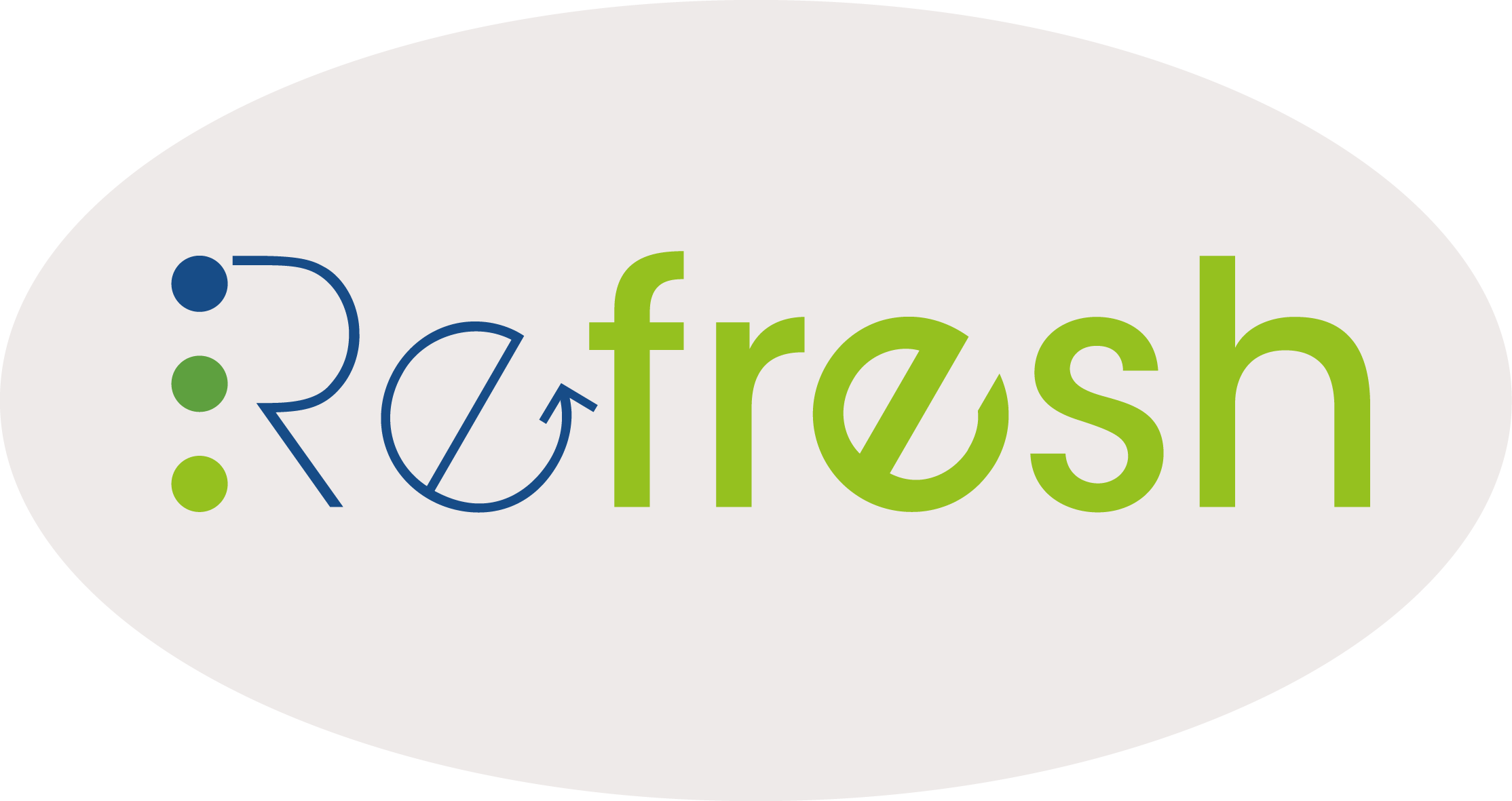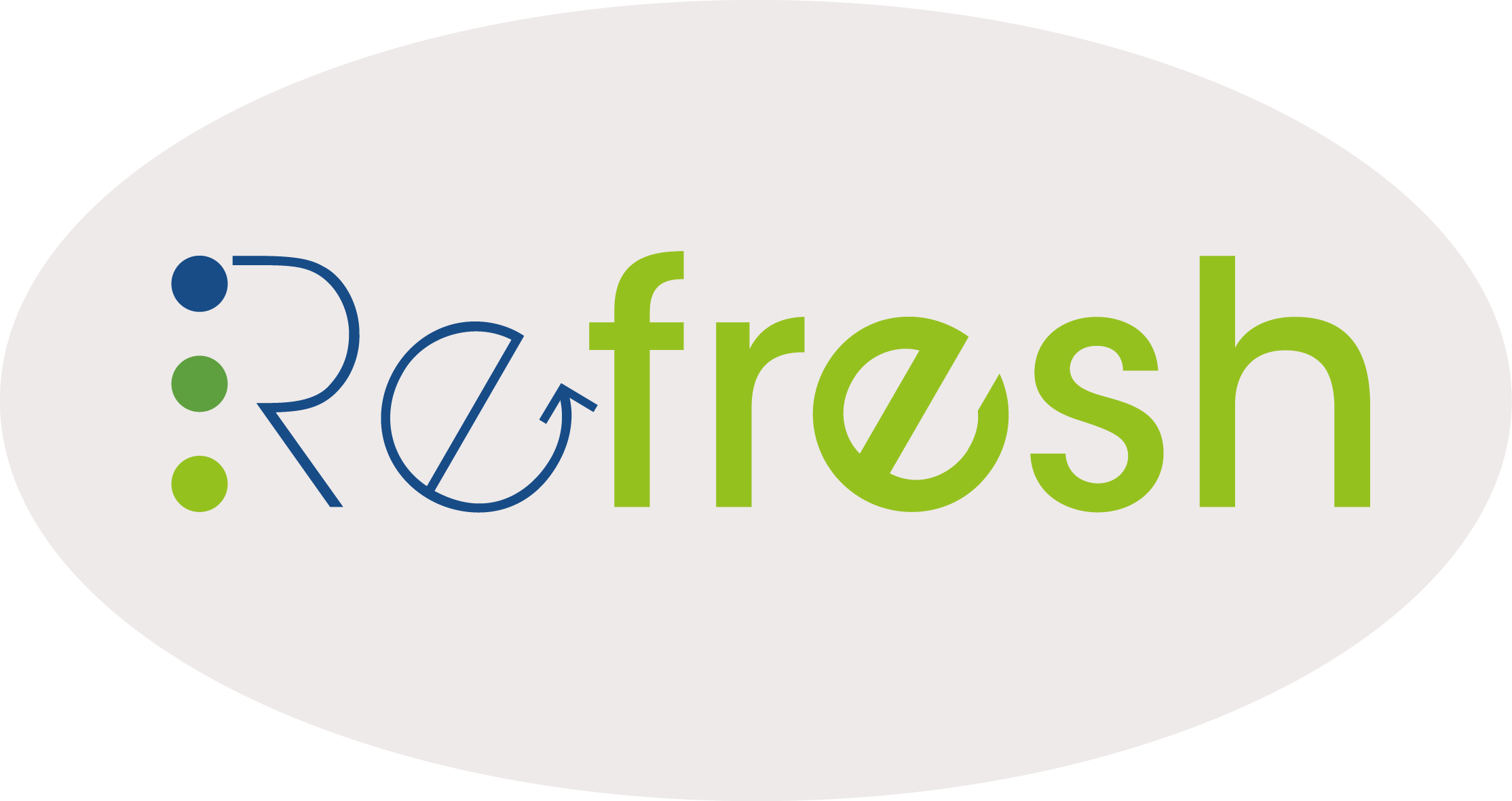Food waste accounting: Methodologies, challenges and opportunities
Uploaded by: Carla Caldeira
Uploaded on: 27th February 2018
Author(s): Caldeira, C., Corrado, S. Sala, S.
- Share
Overview
Food waste (FW) reduction is a priority both at global and European level. In the context of the Sustainable Development Goals defined by the United Nations, there is a specific target (12.3) referring to food waste, and asking – ‘By 2030, to halve per capita global FW at the retail and consumer levels and reduce food losses along production and supply chains, including post-harvest losses’. The European Commission has committed to achieve this goal and defined FW as a priority within the Circular Economy Action Plan.
Moreover, in order to achieve the circular economy objectives, to support the achievement of the SDG 12.3 target and maximise the contribution of all actors, the Commission established the EU Platform on Food Losses and Food Waste. This platform aims at supporting a wide array of actors in defining measures needed to prevent food waste, sharing best practice, and evaluating progress made over time. A crucial aspect to achieve FW reduction targets is to have a robust account of FW generated along the food supply chain. The accounting, in principle, should allow: i) the identification of the most important FW streams, ii) the definition of a baseline to monitor FW reduction over time, and iii) the recognition of FW flows that may undergo a valorisation process in a circular economy perspective.
Although studies can be found in the literature that estimate FW at the EU level, results are dissimilar because of different accounting approaches followed. At present, a consolidated framework for FW quantification in Europe is still an open challenge. To contribute to the development of harmonized and robust FW accounting methodologies and FW quantification, the Joint Research Centre of the European Commission, organized a technical workshop entitled ‘Food waste accounting: methodologies, challenges and opportunities’. The aim of the workshop was to gather experts in FW accounting to share experiences and perspectives on FW quantification at the European scale. Opportunities and challenges to improve FW quantification have been discussed in order to ensure that future policy decisions for FW reduction and valorisation are made based on robust information.
This report summarizes the issues discussed in the workshop as well as research gaps and challenges existing in FW accounting. Several research gaps were identified during the workshop. The most critical were related to the lack of a clear and consensual FW definition and a harmonized methodology for FW accounting. The harmonized methodology requires at least clarifying: definitions and terminology (e.g. edible/inedible and avoidable/unavoidable food waste), system boundaries, and units of measurement so that existing data across countries, commodities, and FSCs could be comparable. It was also identified the need to improve overall data quality and quantification of specific waste streams, such as liquid waste.
Research is necessary to identify systematically types and sources of uncertainty and variability within the FW accounting framework and provide guidelines and tools to assess them. Additionally to the mentioned methodologic aspects, other needs exist to support the better design of policies for FW reduction. Those include matching methodological aspects and policy questions, as the information required is different depending on the area of policy intervention (either waste prevention, management or valorisation). Moreover, the identification of FW drivers is of extreme relevance for both designing properly the framework for primary data collection and defining effective reduction strategies.
Contact name: Carla CaldeiraContact email: carla.PATINHA-CALDEIRA@ec.europa.eu
Start sharing your knowledge!
Upload your own resource and share your ideas with the rest of the community.
Sign In | Share




0 Comments